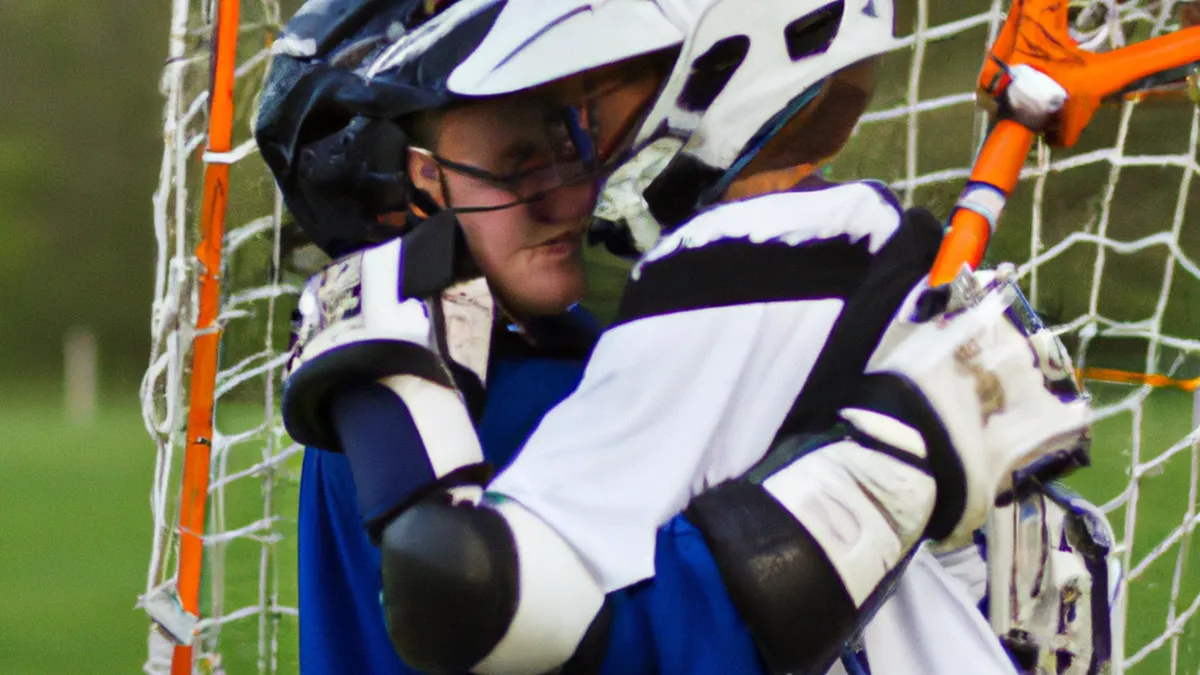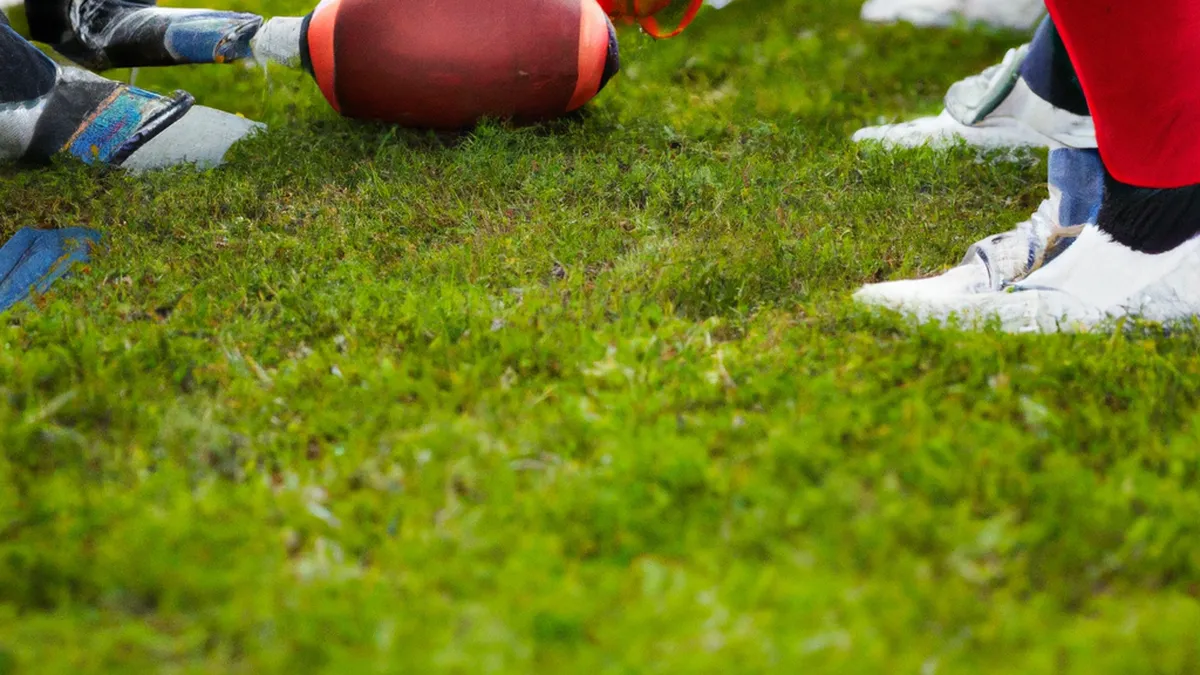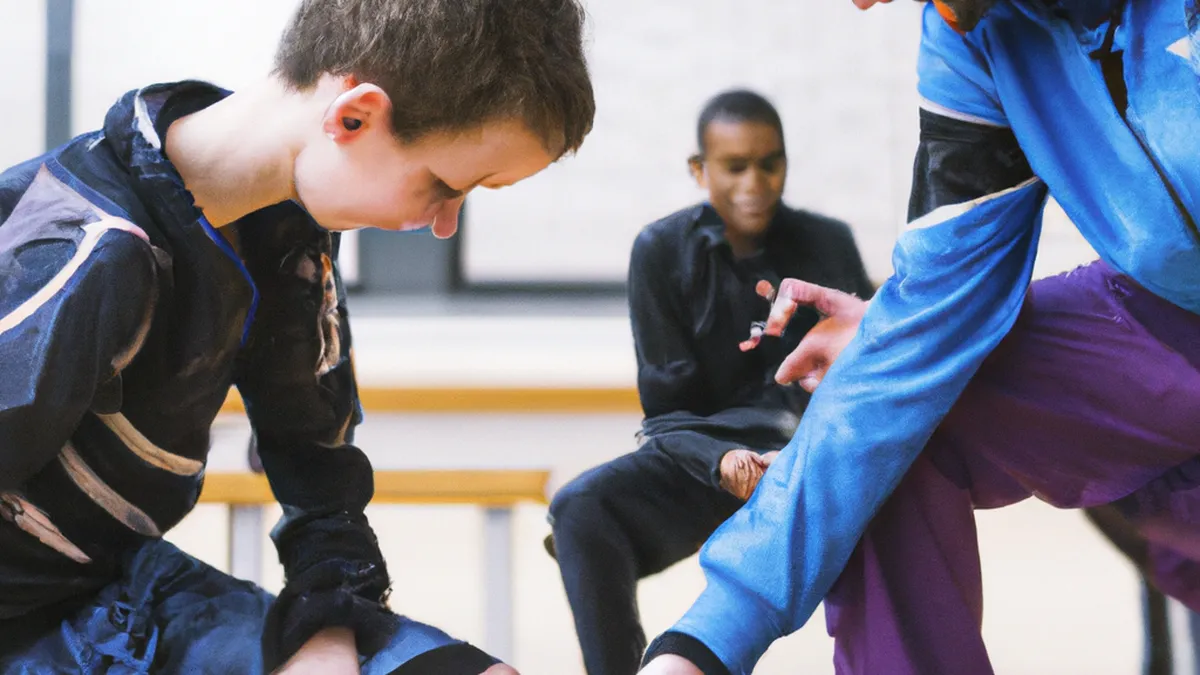Teach Young Players to Embrace Failure
Building Confidence in Young PlayersConfidence plays a crucial role in young athletes’ development. Confident players perform better, enjoy the game, and continue participating in sports. Coaches, parents, and mentors can help build this essential trait. Here are effective strategies to instill confidence in young players.
Understanding Confidence in Sports
Confidence means believing in one’s abilities and skills. It allows players to take risks, handle pressure, and recover from setbacks. Confident athletes trust their instincts, improving their performance on the field or court.Confidence can fluctuate based on experiences. Players may feel confident one moment and doubt themselves the next. Create a supportive environment that nurtures self-esteem. Foster an atmosphere where young athletes feel safe and valued. This foundation helps them build lasting confidence in sports and life.
Tips for Building Confidence
As an Amazon Associate I earn from qualifying purchases.
Gear tip: consider compression sleeves, lacrosse ball bag, and helmet (lacrosse) to support this topic.
1. Set Achievable Goals
Setting goals gives young players clear focus and direction. Help them establish small, specific, and measurable goals. For example, aim to improve passing accuracy or execute a new skill in practice.As players achieve these goals, they gain a sense of accomplishment. Celebrate each achievement, no matter how small. Recognizing progress reinforces self-belief and encourages them to strive for more.
2. Provide Positive Feedback
Feedback shapes a player’s perception of their abilities. Always provide constructive and positive feedback. Highlight what they did well instead of focusing solely on mistakes.Use phrases like, “I loved how you positioned yourself during that play,” or “Your effort in practice really showed during the game.” This approach reinforces strengths and encourages improvement while minimizing fear of failure.When providing constructive criticism, emphasize growth. Instead of saying, “You need to work on your shooting,” say, “With more practice on your shooting technique, you’ll see great improvement.”
3. Encourage a Growth Mindset
Teaching young players about the growth mindset can be transformative. This mindset emphasizes that abilities can improve over time with effort. Help them understand that mistakes are learning opportunities.Encourage players to embrace challenges and view setbacks as steps to success. When they face difficulties, remind them that persistence and hard work lead to improvement. This mindset builds confidence and fosters resilience, helping them handle adversity effectively.
Advice for Coaches and Parents
1. Create a Supportive Environment
A supportive environment is vital for nurturing confidence.
Conclusion
In summary, building confidence in young players requires achievable goals, positive feedback, and fostering a growth mindset.
Below are related products based on this post:
FAQ
Why is confidence important for young athletes?
Confidence plays a crucial role in young athletes’ development as it allows them to perform better and enjoy the game. Confident players are more likely to continue participating in sports, which is essential for their growth and development.
How can I help my child set achievable goals?
Help your child establish small, specific, and measurable goals that give them clear focus and direction. Celebrating each achievement, no matter how small, reinforces their self-belief and encourages them to strive for more.
What is a growth mindset and why is it important?
A growth mindset emphasizes that abilities can improve over time with effort. Teaching young players to view mistakes as learning opportunities helps them embrace challenges and build resilience, which ultimately enhances their confidence and ability to handle adversity.















Post Comment